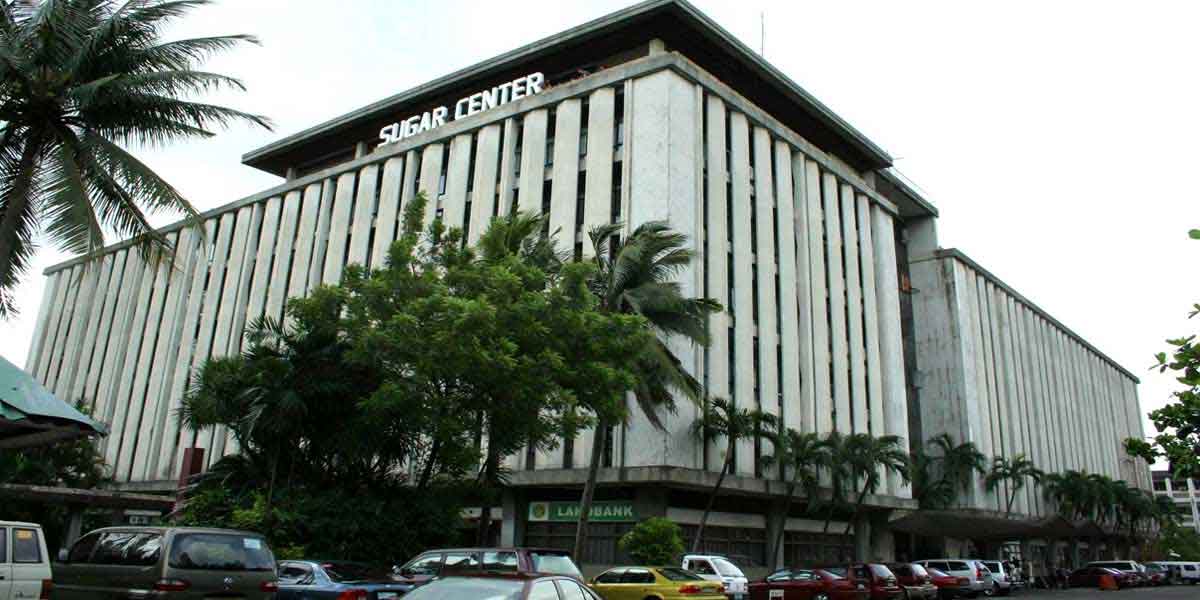 By Dr. Rex Casiple
By Dr. Rex Casiple
Coronavirus prevention, control, and mitigation in schools and communities is now a national concern.
The state of emergency was declared to fast-track efforts to prevent the spread of coronavirus after cases of the virus were confirmed in Metro Manila and some parts of the country.
On the evening of March 14, 2020, the Department of Health (DOH) has reported 13 new cases of the coronavirus disease or COVID-19, bringing the country total to 111. This came shortly after the agency reported a 53% increase in the number of cases from 64 to 98 in an online briefing on the same day.
Eight (8) deaths were confirmed. On March 16, 2020, or two days after, the number of cases increased to 140 (26%) and the number of deaths increased to 12 (50%). COVID-19 has killed more than 5,400 people worldwide, mostly in China, since the outbreak began in Wuhan City in December last year. At least 145,000 people have been infected.
On February 10, 2020 the Commission on Higher Education (CHED) issued a memorandum addressed to all presidents and heads of public and private higher education institutions (HEIs) in the country regarding the CHED Guidelines for the Prevention, Control, and Mitigation of the Spread of the 2019-Novel Coronavirus Acute Respiratory Disease (2019-nCov ARD) in Higher Education Institutions (HEIs). The guideline was based on the issuances by the DOH and the World Health Organization (WHO).
On March 11, 2020, following the possibility of a community-level transmission the CHED encouraged all HEIs to establish protocols on Emergency Plan based on the WHO guidelines to stop the spread of COVID-19.
The protocols include creating of procedures for students, faculty, staff, and administrators who showed COVID-19 symptoms; performing environmental cleaning and disinfection procedures for all buildings with emphasis on frequently touched surfaces, such as, doorknobs, light switches, desktops or countertops; and preparing HEI health clinics for immediate triage and isolation of patients potentially infected with COVID-19.
Classes in all levels in Metro Manila were suspended until March 14, 2020. On-the-job-trainings (OJTs), internship, and/or practicum in the National Capital Region (NCR) were also suspended.
In line with this, HEIs were advised to coordinate with their respective Host Training Establishment (HTE) for any adjustment of training hours and/or to consider alternative modalities for the OJT, internships, and practicum of affected students in the area.
Students, faculty, staff and HEI administrators currently situated in countries with reported and confirmed cases of COVID-19 were advised to contact the nearest Philippine Embassy and/or Consulate to confirm their status and/or health conditions. Higher education institutions were directed to report the status of their students, faculty, staff and HEI administrators to the CHED.
Higher education institutions in advance should establish plans and procedures should a case of COVID-19 transmission is identified. This should be done in collaboration with their DOH Regional Offices.
HEIs should immediately coordinate with the DOH regional office if the DOH regional office or local government office report cases of COVID-19 in the city or municipality where the HEIs are situated.
HEI administrators should work in close collaboration with the DOH regional office in determining the need for class suspensions, postponement or cancellation of any school event and activity and other steps required to prevent further transmission of the virus. All plans and decisions by the HEIs should be focused on ensuring the safety and health of all students, faculty, staff, and administrators.
HEIs are advised to regularly inform and update the CHED Regional Office (CHEDRO) in their area on activities and developments in their campuses to ensure that the CHEDRO and CHED Central Office can give any necessary support as needed. (To be continued)




















